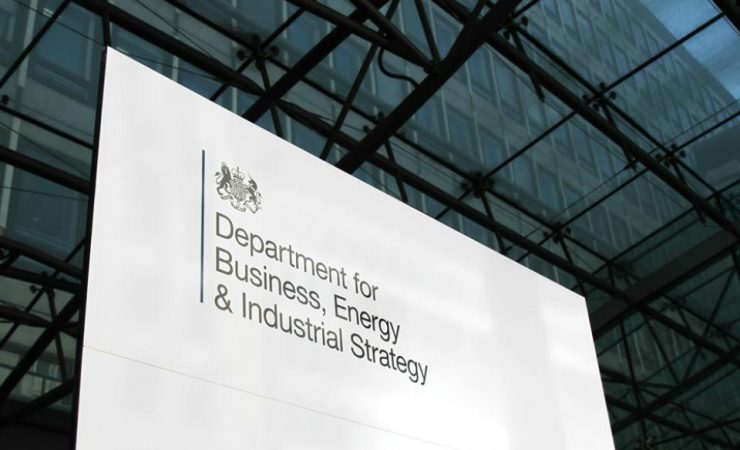Since the very beginning of this crisis industry bodies and trade associationsin the UK and abroad have done everything they can to protect the sector and the people and businesses that make it up.
First of all the UK printing industry united to call upon the UK Government to ensure the supplies of ethanol, n-propanol and other raw materials are maintained for the ink and printing industries.
The British Association of Print and Communication, British Coatings Federation, British Printing Industries Federation, British Plastics Federation, European Flexographic Industry Association, Graphics and Print Media Alliance, Independent Print Industries Association, The Packaging Federation, Printing Industry Confederation and Two Sides, are all united in concern over the supply chain.
The IPIA, alongside BAPC, met with The Department for Business, Energy, and Industrial Strategy (BEIS) and were instrumental in ensuring that print can remain open for business.
The two organisations also called on call on members of the industry to contact the Government as part of an effort to influence its policy and secure special financial assistance for the print sector.
As a result of these efforts IPIA and BAPC produced an impact statement, which was presented to Government policy makers and considered as they developed financial schemes to support the UK’s industrial manufacturing base.
For its part the BPIF has called for further direct support for the printing industry during the crisis. As a body representing one of the UK’s key manufacturing industries with an estimated £14 billion turnover, BPIF has reported ‘unprecedented pressures’ on its members, the vast majority of whom are small- and medium-sized enterprises (SMEs).
Central to the federation’s lobbying efforts are a number of measures that it’s been asking the UK Government to implement. These include: extending business rates relief beyond the retail, leisure and hospitality sectors; widening of the key worker category to include skilled workers in key supply chains in the print and packaging sector; deferment of VAT, PAYE and NIC payments; and a delay to the implementation of the increase in the UK’s national minimum wage.
BPIF has also called for specific and immediate support and guidance for manufacturers, to lend confidence that employees can be retained and paid during the business downturn.
In the USA, the Printing Industries of America has called upon Congress to take swift legislative action to mitigate the economic impact of this pandemic on the printing and graphic communications industry specifically calling for the creation of a federal emergency program to provide compensation for COVID-19-related employee leave.
On the continent The European Carton Makers Association has requested a deferment of all new tenders during the COVID-19 crisis. The association, which epresents 500 carton manufacturers in 29 countries, has warned that interruption in the supply of packaging manufactured by members will result in supply chain delays and availability issues, in particular of pharmaceutical and food products.
Intergraf, the European federation for print and digital communication, has called on EU authorities at national level to recognise printing as part of their essential services, noting, ‘If the printing industry is not permitted to function as usual and denied financial assistance, access to raw materials or other support, authorities risk that indispensable products are not produced.’
Specifically, Intergraf noted printing of food, hygiene products and medicines as an area of concern, with printers producing printed food packaging ‘more crucial than ever’.






